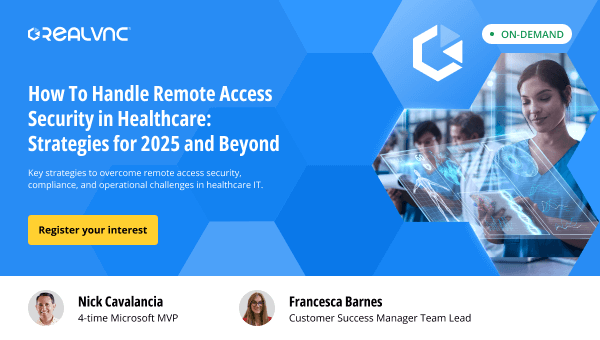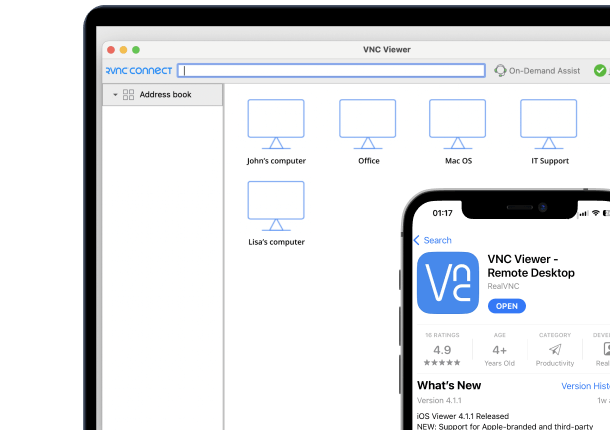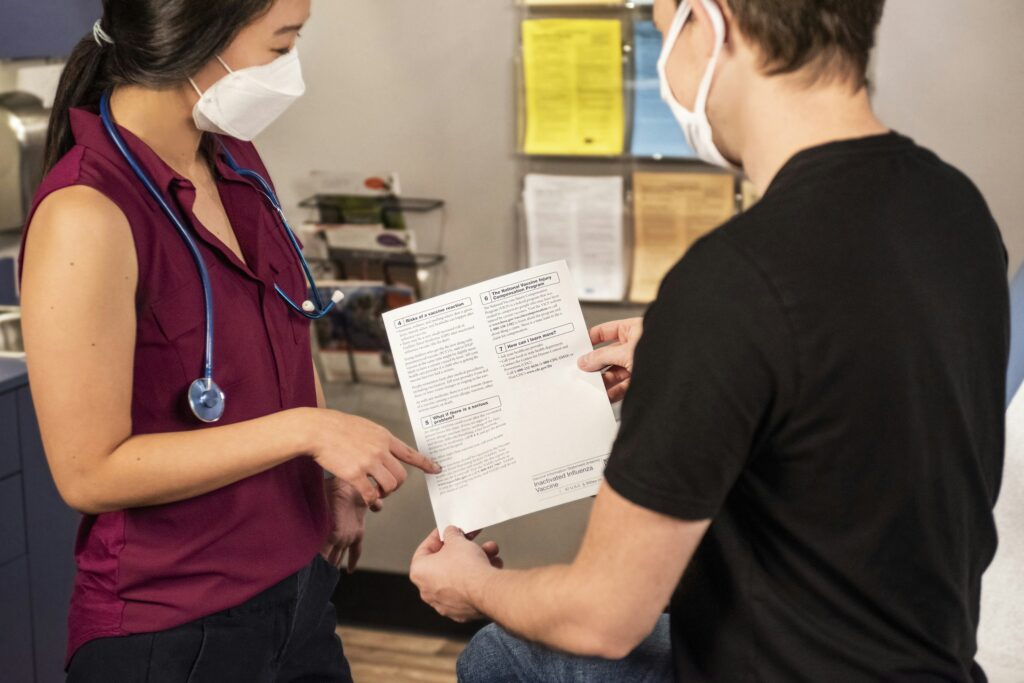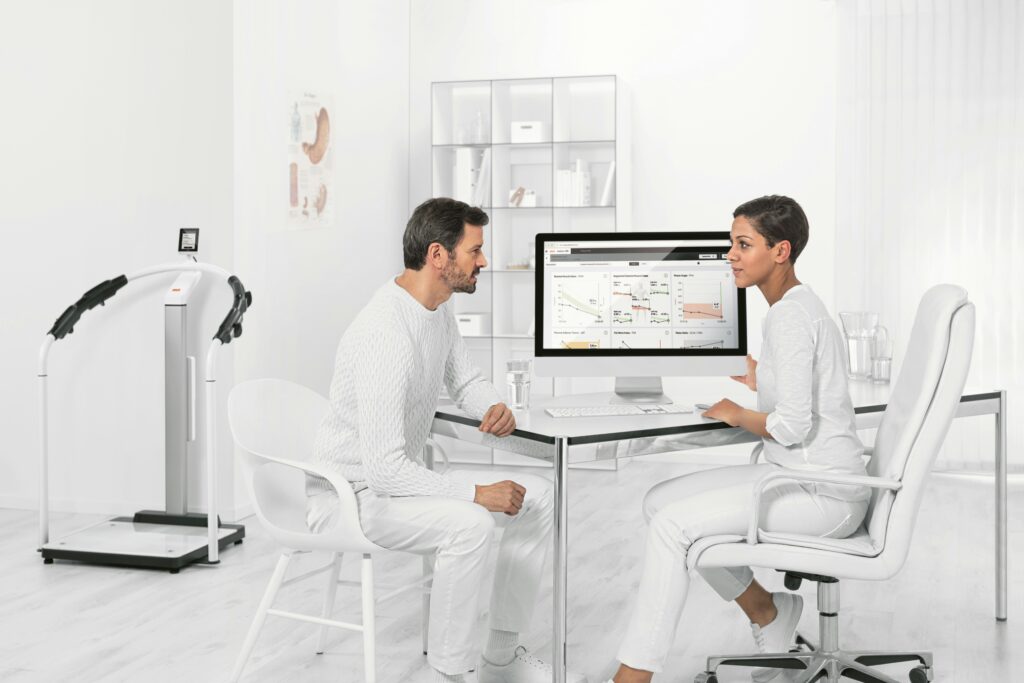To achieve compliance there are multiple considerations that must be addressed in relation to security, privacy and visibility.
Compliance regulations such as HIPAA, PCI-DSS and GDPR have stringent requirements when it comes to the handling and processing of corporate and personal data.
What’s more, data security is a priority for most organizations. When you establish connections with third parties and gain some control over their data (or relinquish some control over yours), robust security measures around the processes need to be in place.
This post aims to break down some of the aspects of a secure remote access strategy in relation to compliance regulations.
The safety and security of your data and the data you hold are important to your compliance commitments.
It’s essential to make sure your remote access software has the correct security and control features to help you comply. This should include:
Multi-factor authentication
All remote access sessions should be authenticated as or before they start.
Multi-factor authentication refers to the use of two or more separate methods for validating your identity. This could be as simple as username and password as the first factor, and a one-time validation code or key-chain that gets sent to your email account or phone.
Using multiple factors of authentication is much more secure than only using one. If one of the authentication factors is compromised, there is an additional layer of security to protect the user and their data.
Session encryption
Remote access sessions should be encrypted end-to-end. The minimum encryption level to look for is 128-bit, though 256-bit will give you a higher level of protection and may be mandated for industry compliance.
Remote access log and PCI-DSS compliance
Establishing compliance may require that you demonstrate log and audit history of everyone who has accessed your network remotely. This is often one of the first things an investigator will ask for during a review or if a breach has occurred.
Log and audit records are an essential part of your compliance strategy. Not just for GDPR, but for a variety of industry and government regulations, for example, ISO 27002 and PCI-DSS.
Granular access rights
Ideally your remote access software should give you fine-grained control over each user’s access rights. You should be able to give each user the appropriate privileges they need, and to control the devices they can access through some type of group or management structure.
GDPR and your remote access policy
Privacy is perhaps the most crucial remote access related issue in your quest to achieve compliance with GDPR or other regulations. Are you clear about how you handle and process the data that is captured during remote sessions?
If you’re using remote access software, data about your sessions will likely be collected for logging purposes. Information such as IP address, local user name, results of activities and chat transcripts may be captured and stored.
You should understand what this information is and how it is handled by your remote access software provider. Also, you may need to declare this in your own privacy policy to comply with regulations like GDPR, especially if you are using the remote access software to provide services for employees, customers and other third parties.
Data minimization is also an important aspect of remote access compliance: namely, being able to demonstrate that the data being used is essential for the requirements of the action being performed.
Remote user interfaces
Here, deliberate and controlled limitations need to be considered. For example, if a technician is accessing a desktop remotely with the intention of assisting in configuring the printer, they should only have access to the necessary data required to fulfill the task, not the wider network of information.
With due diligence and robust internal procedures, efforts to maintain regulatory compliance pay off in the long run. For growing companies in particular, it’s essential to develop a best practice-culture at an earlier stage, so that compliance and security are inherent in every remote access session, no matter how much you scale.
Ultimately, security and compliance are at the heart of protecting the reputation and future of your business.
VNC Connect remote access software enables PCI-DSS, HIPAA, and GDPR compliance, meeting all of the provided guidelines. Every connection is end-to-end encrypted with up to 256-bit AES encryption, 2048-bit RSA keys, and perfect forward secrecy, so sessions are entirely private to you now and in the future.
